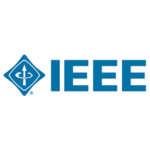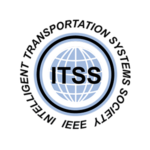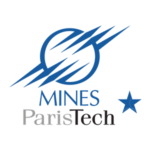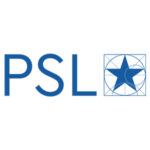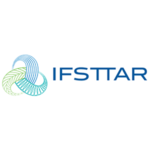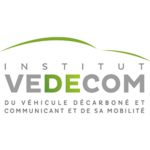Workshops
| NDDA | |
| Keywords: Naturalistic Driving, Data Collection/ Analysis, Automated Vehicles, Driver State/ Monitoring | |
| Description: This workshop welcomes articles in the field of Intelligent vehicles dealing with new developments in theory and applications, vehicle technologies and demonstrations related to naturalistic driving data collected in real-world situations |
Three workshops consider connected, cooperative vehicles.
The first one is broad in its technical target as well as in participants’ background, and the following two are somewhat more technical focused.
| CAD | |
| Keywords: Cooperative ADAS, situation awareness, V2X, cooperative and connected driving | |
| Description: The challenges related to C-ITS, CAV, regulations and automated levels, V2X technologies and AI/ML applied in autonomous driving will be addressed in the 3rd CAD Workshop. Strong cooperation between industry, authorities, policy makers, road operators, and academia in C-ITS and CAV areas will be targeted. |
| C-ITSec | Research advances in Cooperative ITS cyber security and privacy |
| Keywords: Security, privacy, C-ITS | |
| Description: Security and privacy are fundamental aspects in vehicular communications. The workshop will provide an international technical forum for discussing and presenting recent research results on any aspects of cyber security techniques, recent C-ITS attacks and latest Enhancing Privacy Technologies for C-ITS. |
| CIV | Cooperative Interacting Vehicles |
| Organizers: Christoph Stiller (Karlsruhe Institute of Technology, Germany), Arnaud de la Fortelle (Mines Paris Tech - PSL Research University, France), Jeffrey Johnson (Uber, USA), and Phillippe Bonifait (Université de Technologie de Compiègne, France) | |
| Keywords: Automated Cooperative Interaction; Cooperative Perception; Cooperative Prediction and Motion Planning; Ergonomics for Cooperative Interacting Vehicles | |
| Description: Technical progress in Automated Driving and Connected Vehicles enables Automated Cooperative Interaction of traffic participants. This workshop elaborates methods to enhance the horizon of perception and the information about future evolution of the surrounding traffic scene for connected vehicles. Furthermore, the negotiation of coordinated driving trajectories is addressed. Finally, concepts for the interaction between human and machine in Cooperative Interacting Vehicles are elaborated. |
Four workshops consider different aspect on data driven methods and machine learning.
The first of the four workshops is somewhat broader and covers general aspects, the other three are narrower and deeper on specific topics within the area of data driven methods.
| BROAD | Algorithmic, Legal, and Societal Challenges for Autonomous Driving |
| Keywords: Autonomous driving, machine learning issues, cognitively inspired solutions, bio-inspired solutions, testability | |
| Description: A broad and inclusive discussion of the new frontiers of autonomous driving (AD): What are the algorithmic, legal, and societal challenges in the near future? What impedes the transition of AD from research to market? Can cognitive inspiration and machine learning help us here or do these approaches lead to new problems? |
| 3D-DLAD | |
| Keywords: 3D deep learning, Lidar pointcloud processing, HDmaps, Point clouds from Camera (VSLAM), Semantic segmentation | |
| Description: Object detection, classification, tracking, fusion, flow estimation, motion segmentation, mapping have recently been explored in the context of 3D data such as point clouds from Lidar and other sensors. They play an important role in the development of Autonomous Vehicles as they overcome some of the main drawbacks of a camera like degraded performance under changes in illumination and weather conditions. |
| ULAD | Unsupervised Learning for Automated Driving |
| Keywords: Unsupervised, semi-supervised, and weakly-supervised learning; self-supervised learning; domain adaptation; missing data | |
| Description: Unlabelled data is easily collected, increasing traction in IV to explore unsupervised learning, its semi-, weakly-, and self-supervised variants, transfer learning, and inferring probabilistic latent representations. Share novel methodological developments, challenges and solutions for exploiting unlabelled data and reducing the annotation bottleneck. |
| DDIVA | Data Driven Intelligent Vehicle Applications |
| Organizers: Alois Knoll, Sina Shafaei, Esra Icer, Burcu Karadeniz, Emec Ercelik (Technical University of Munich); and Christoph Segler, Julian Tatsch (BMW Group) | |
| Keywords: Generation, synchronization, processing, labeling, visualization, and discovery of data | |
| Description: This workshop provides an opportunity to discuss applications and their data-dependent demands for understanding the environment of a vehicle while addressing how the data can be exploited to improve results instead of changing proposed architectures. |
Two workshops consider different aspect on validations of ITS algorithms and functions.
| FRCA-IAV | Formal Methods vs. Machine Learning approaches for Reliable Navigation |
| Organizers: Lounis Adouane (Université Clermont Auvergne, France); Maciej Marcin Michalek (Poznan University of Technology, Poland); and Antonios Tsourdos (Cranfield University, United Kingdom) | |
| Keywords: Flexible and robust control architectures, short- vs. long-term planning, reliability guarantees, risk assessment and management, model-based approaches vs. data-driven approaches | |
| Description: This workshop aims to focus on the advantages and limitations of using different kinds of innovative control architectures: based on formal approaches or/and based on machine learning. Submissions illustrating synergetic combinations of these two general methodologies, to obtain a flexible and robust navigation of vehicles in complex environments/scenarios, are in a special interest of the workshop. |
| EVSAV | Ensuring and Validating Safety for Automated Vehicles |
| Keywords: Safety concepts, safety validation, risk mitigation and assessment, SOTIF, release of automated vehicles, standardization, self-awareness | |
| Description: This workshop aims at encouraging scientific research with respect to reducing this risk to an acceptable level (which itself is not defined or even quantifiable yet). Among others, topics such as safety concepts, hazard analyses, handling of challenging and critical scenarios, impact of machine learning on safety argumentation, as well as concepts for validating the functionality of automated vehicles are welcome contributions. |
Two workshops consider human as a part of the vehicle and technical traffic system.
The first one focus on the automated vehicle and its behavior to interact with humans and human driven vehicles, the second one focus more on the human side and how they interact with the vehicle.
| SIPD | |
| Keywords: interaction, prediction, decision-making | |
| Description: The behaviors of human, however, is naturally full of uncertainties with influences from not only individual preferences but also social impact. This makes the prediction and decision-making problem of autonomous driving extremely challenging and of fundamental importance. In this workshop, we will thoroughly discuss the state-of-the-art algorithms, as well as the evaluation and data for prediction and decision-making for autonomous driving under social interactions. |
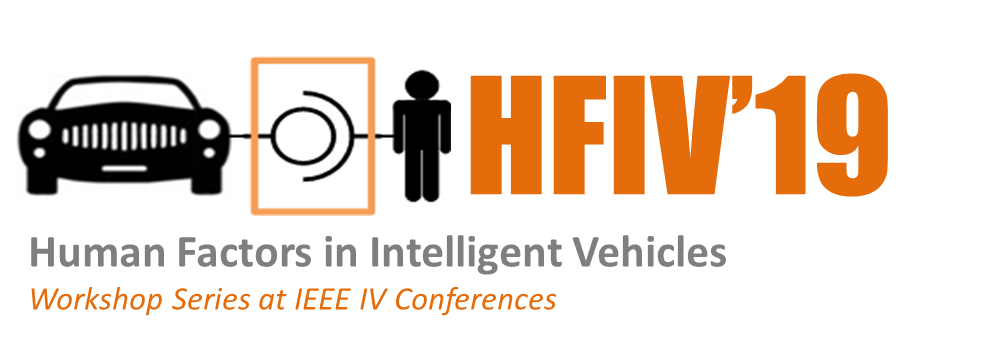 |
|
|---|---|
| HFIV | HUMAN FACTORS IN INTELLIGENT VEHICLES |
| Organizers: Cristina Olaverri-Monreal (Johnannes Kepler University Linz, Austria); Fernando Garcia (Universidad Carlos III de Madrid, Madrid, Spain); Rencheng Zheng (Dalian University of Technology, China) | |
| Keywords: Intelligent Vehicles, Human Factors, Simulation, Data Analysis | |
| Description: The workshop welcomes and encourages contributions reporting on original research, work under development and experiments of different fields related to Human Factors. It aims at fostering discussion on issues related to the analysis of human factors in the design and evaluation of intelligent vehicles technologies, in a wide spectrum of applications and in different dimensions. | |

